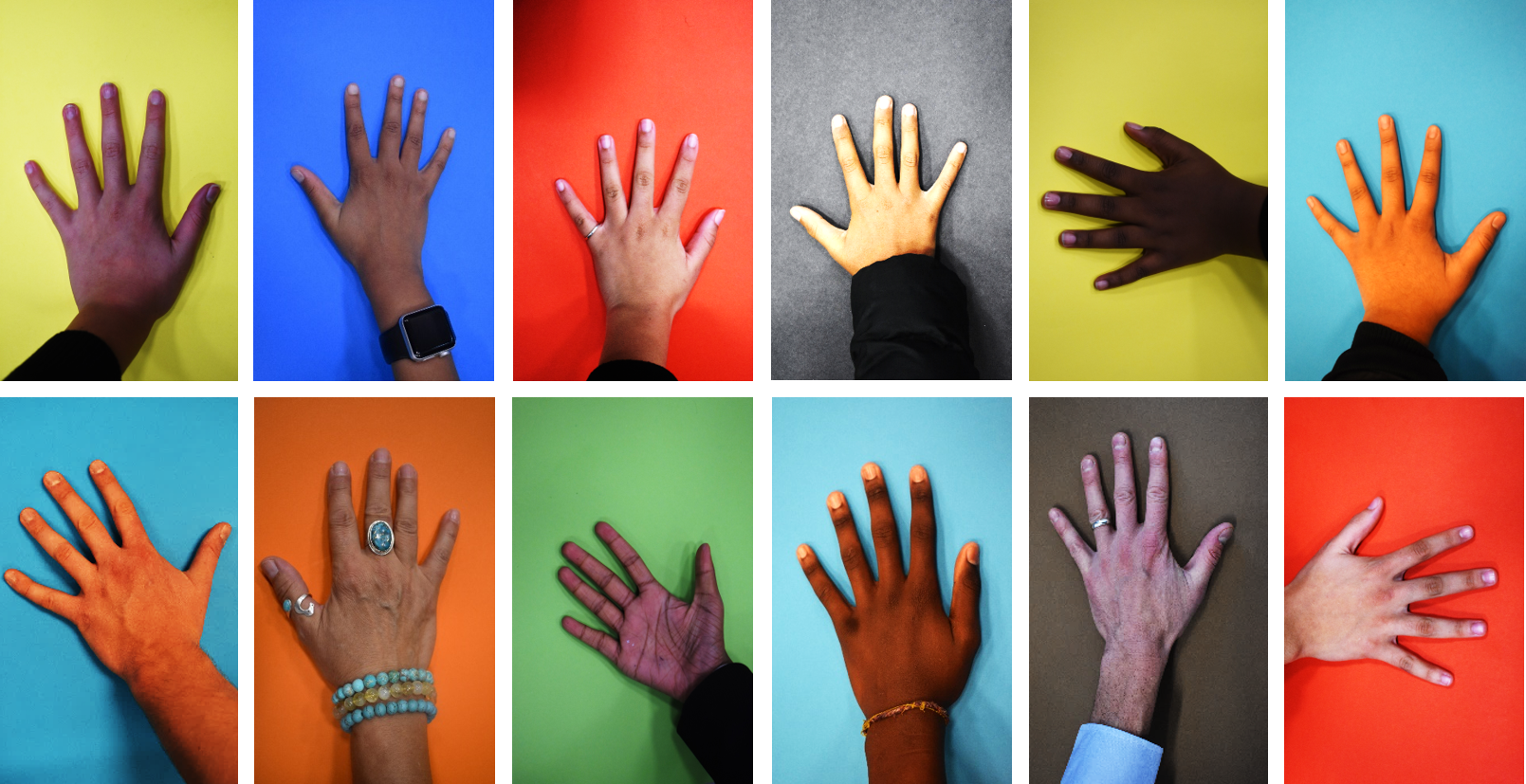Contacts: |
|
| Head of Faculty | Ms G Dennehy |
Our aim in studying English Language and Literature is to empower our young people and inspire their curiosity through critical engagement with the world.
- Through developing a rich understanding of reading, writing and oracy skills our young people will become empowered to communicate ideas, thoughts and feelings of their own and empathise with others.
- They will explore a range of genres and constructs, and learn to take charge of and question their own identity.
- We aim to foster a lifelong enjoyment of our subject and deeper connections to the kaleidoscopic wider world.
Please CLICK below to discover more about our curriculum
Key Stage 3 Curriculum
Key Stage 4 Curriculum
At Key Stage 4, students study for two separate GCSEs: English Language and English Literature. Both are exciting, vibrant subjects that encourage creativity and exploratory thought.
GCSE English Language
Students develop their skills to read fluently and write effectively. They demonstrate a confident control of Standard English and write grammatically correct sentences, deploy figurative language and analyse texts.
In English Language students will:
- read a wide range of texts, fluently and with good understanding
- read critically, and use knowledge gained from wide reading to inform and improve their own writing
- write effectively and coherently using Standard English appropriately
- use grammar correctly, punctuate and spell accurately
- acquire and apply a wide vocabulary, alongside a knowledge and understanding of grammatical terminology, and linguistic conventions for reading, writing and spoken language.
- listen to and understand spoken language, and use spoken Standard English effectively.
Assessment:
Paper 1: Explorations in Creative Reading and Writing
- written exam: 1 hour 45 minutes
- 80 marks
- 50% of GCSE
Paper 2: Writers' Viewpoints and Perspectives
- written exam: 1 hour 45 minutes
- 80 marks
- 50% of GCSE
Non-examination Assessment: Spoken Language
- teacher set throughout course as “speaking and listening” tasks
- marked by teacher
- counts separately from the GCSE grade
GCSE English Literature
Students develop knowledge and skills in reading, writing and critical thinking. Through literature, students have a chance to develop culturally and acquire knowledge of the best that has been thought and written. Studying GCSE English Literature encourages students to read widely for pleasure, and as a preparation for studying literature at a higher level.
They explore a range of topics through ‘An Inspector Calls’, ‘The Merchant of Venice’ and ‘A Christmas Carol’, alongside an anthology of 15 exciting poems.
In English Literature students will:
- read a wide range of classic literature fluently and with good understanding, and make connections across their reading
- read in depth, critically and evaluatively, so that they are able to discuss and explain their understanding and ideas
- develop the habit of reading widely and often
- appreciate the depth and power of the English literary heritage
- write accurately, effectively and analytically about their reading, using Standard English
- acquire and use a wide vocabulary, including the grammatical terminology and other literary and linguistic terms they need to criticise and analyse what they read.
Assessment:
Paper 1: Shakespeare and the 19th-century novel
- written exam: 1 hour 45 minutes
- 64 marks
- 40% of GCSE
Paper 2: Modern texts and poetry
- written exam: 2 hour 15 minutes
- 96 marks
- 60% of GCSE
Recommended reading:
- https://schoolreadinglist.co.uk/reading-lists-for-ks4-school-pupils/suggested-reading-list-year-10-pupils-ks4-age-14-15/
- https://schoolreadinglist.co.uk/reading-lists-for-ks4-school-pupils/suggested-reading-list-year-11-pupils-ks4-age-15-16/
Key Stage 5 Curriculum
Please refer to the Sixth Form subject page for our Key Stage 5 courses and entry requirements
Enrichment Opportunities
Opportunities for stretch and challenge run across the faculty, including a variety of book clubs, poetry clubs and competitions to enter. A termly poetry magazine publishes some of the best work, and we have hosted a number of nationally renowned poets running workshops with our students. SLAMbassadors have made visits, and authors have addressed year groups about newly published novels.
Year 10 students have the opportunity to apply to study for an additional one year AS Level in after school sessions. This has been Creative Writing in previous years, and will be Film Studies in future.
Every Friday, debating club allows students to develop rhetorical, public speaking and research skills, with external competitions in both British Parliamentary and Model United Nations formats. A number of students have travelled across the country and even as far as Germany to debate under the supervision of English teachers.
Media and Film students have worked closely with the Roundhouse (where they have passes to visit and work with the media resources in their own time) and Tricycle cinema/theatre, while a number have volunteered to be part of an ongoing project with the October Gallery. Other ongoing regular projects include the British Museum.
All students have the opportunity to see live plays and visit a local cinema for a bespoke film screening and questioning session. Annually we visit the Globe theatre for workshops, and host visits from the Globe Players for plays delivered to whole year groups in the hall.
Now in its third year, the Zadie Smith essay prize challenges students across a range of faculties to complete university-level writing on a range of abstract and topical subjects, with substantial cash and literary prizes awarded to the best work.
Hampstead School Media Studies graduates are invited back to Hampstead School as Media Industry Ambassadors to deliver learning and career advice to both A-Level and GCSE Media Studies students. At present all ex-Hampstead Media Studies students are all enrolled at university in a variety of degrees from Media Communications to Photography to Film Studies to English Literature and Creative Writing.
Additional Information
Key Stage 3:
Key Stage 3 English Curriculum Map
National Curriculum for Key Stage 3 from September 2014
www.bbc.co.uk/education/subjects/z3kw2hv
Key Stage 4:
Revision www.cpgbooks.co.uk
Year 11 Language Exam – Foundation

